Karolina Kluczewska
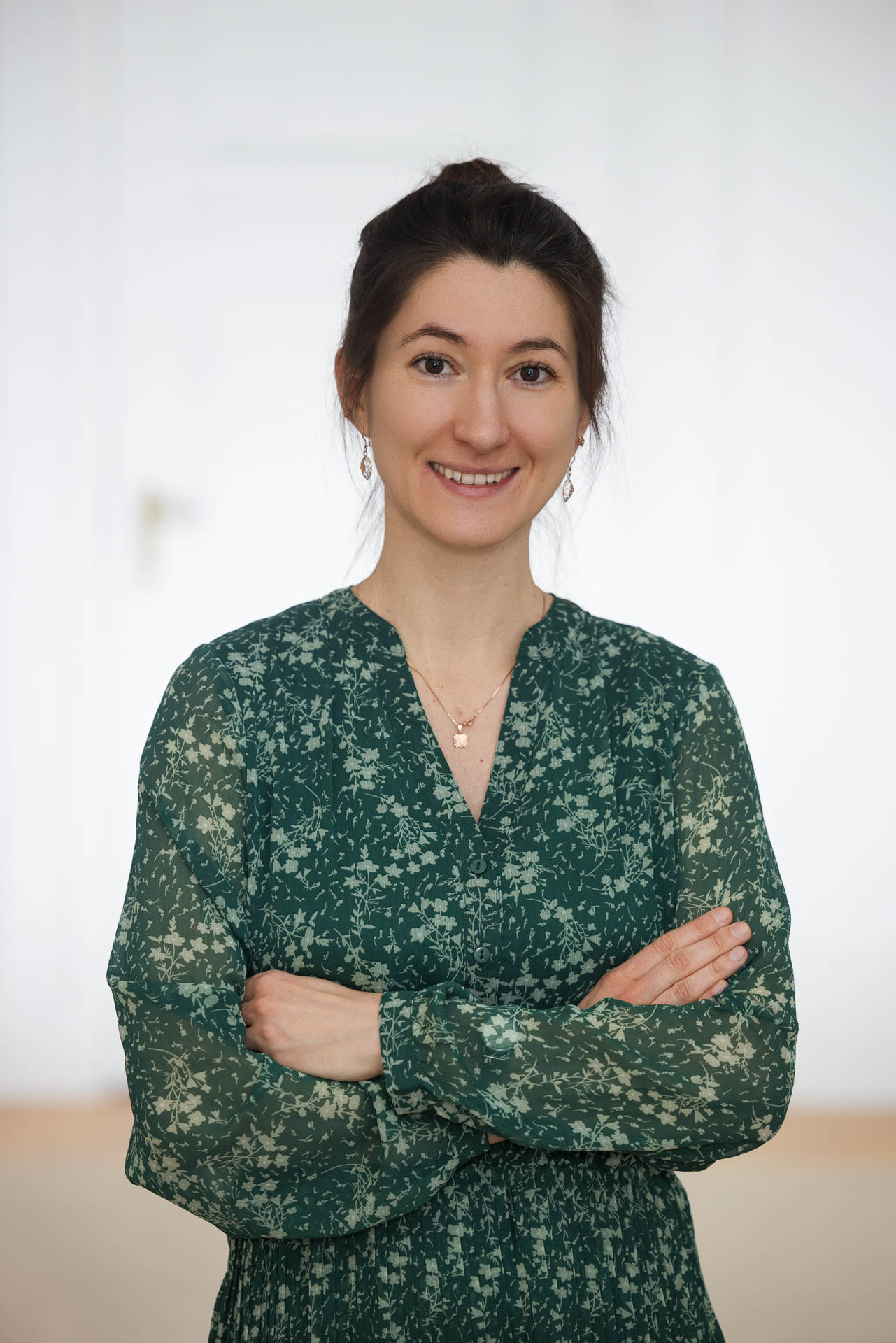
Geopolitical Reorientations in Central Asia
Since the Soviet collapse, Central Asian states have been largely oriented towards Russia, seeing it as a reference point in foreign and domestic policies. Russia was even attributed with a status of a “strategic partner”. This suddenly changed with Russia’s invasion of Ukraine in 2022 which prompted Central Asian policymakers, businesses and civil society to look for new, more reliable partners in Asia, Europe and the Middle East. Using a critical geopolitics lens, my project analyses the new “strategic” partnerships emerging in the region. It investigates actors and rationalities of the ongoing geopolitical reorientation, as well as formal and informal practices characterising this process.
Biography
Dr Karolina Kluczewska is a research fellow at the Academy of International Affairs NRW in Germany, and a visiting research fellow at the United Nations University-Institute on Comparative Regional Integration Studies in Belgium. She also remains affiliated with the University of St Andrews in the United Kingdom, where she obtained her PhD in International Relations. Her research focuses on developmental politics and development aid in Central Asia, critical geopolitics in Eurasia, knowledge production and post-socialist welfare systems.
Publications
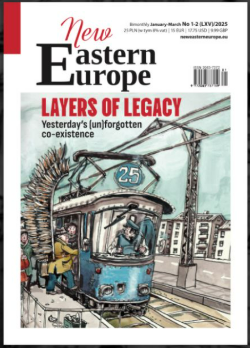
The controversy about Tajikistan’s history textbooks
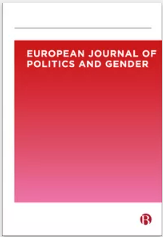
Framing feminism in Eurasia: bottom-up strategies of depoliticisation and repoliticisation
European Journal of Politics and Gender, online first April 2025
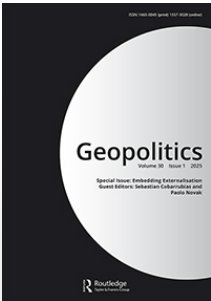
Post-Soviet Dependence with Benefits? Critical Geopolitics of Belarus’s and Tajikistan’s Strategic Alignment with Russia

Post-Soviet Power Hierarchies in the Making: Postcolonialism in Tajikistan’s Relations with Russia’, Review of International Studies
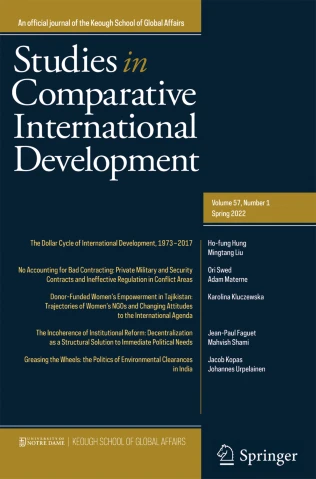
Donor-funded Women’s Empowerment in Tajikistan: Trajectories of Women’s NGOs and Changing Attitudes to the International Agenda
Studies in Comparative International Development 57, no. 1 (2022): 63-84
